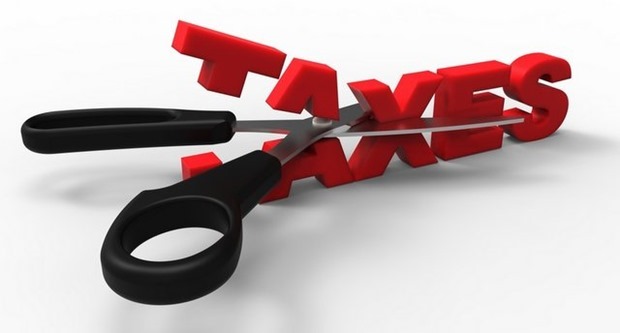
So - if you haven’t already heard it - there are two big news, when it comes to “alcohol in Dubai”:
- Liquor licenses are now for free for residents - and they are pretty easy to obtain (just an Emirates ID - and that’s it).
- The Dubai government have removed “their” 30% “consumer” alcohol tax.
What does this mean for your “hospitality professional” who is dealing with alcohol?
I came across two “schools of thoughts”:
- Slashing down the alcohol prices about 20’ish percent (there is also the municipality fees and service charge which is applied to the “landing price” of the alcohol - which has to be considered. Hence the “win goes totally towards the venue guest, who pays less for their “experience”.
- Keeping the prices at the same level (or just incrementally reducing and adjusting them), which would lead to far better profitability.
And yes - even though it sounds quite “unfair” from the customer perspective; but both thoughts have their advantage. The first - would definitely increase the footfall (especially if other outlets would not decrease their prices). And number two: Dubai is a notorious difficult location, where all venues have high operational costs (which are for sure higher than the costs of other locations) - it would not hurt to have a bit more cushion, when it comes to operational profits.
But you might already know (if you are a reader of this blog), that I have always an opinionated as well as nuanced perspective.
Honestly: Alcohol is still pretty expensive. I am not talking about your Smirnoff’s and your Absolut Blue’s. But we are in the 21st century - and simply if Dubai has 3 bars within the Top 100 bars of the world (or two bars within the Top 50’s), we should definitely use premium quality.
Today - in good bars, you are already paying about AED 75 per cocktail (it might be also slightly higher). That is about $20 - which you pay for a cocktail in NYC. Sure - you might get more unique products in bars in the US, but on the other hand, the alcohol is definitely not as expensive in NYC, than in Dubai - and the operational costs are probably nearly the same (still, Dubai might be slightly higher).
So? What does that mean? My perspective is that: We might reduce the prices for wines and beers (beers ever so slightly - beer has been always in Dubai a high cost ticket). And also for spirits - but cocktails should stay on the same level - however the Mixologists, proper bartenders, beverage managers (...) should be able to use quality, without the angst to massively out-cost themselves.
I did already today my first calculation - a Caipirinha made with a 60ml (two ounces for the ones which cannot talk metric) but made with a rather fancy Capucana cachaça would work perfectly at AED 75 (20USD). Everybody would be happy, the guest (people got used to this price level), the manager (the cost is still in check), the operator (profitability is adequate). Before you had to either way use quite terrible cachaça, you had to overcharge the guest or you had to take a dive when it comes to profitability.
This is amazing news, when it comes to quality. I hope I won’t be one of the few in the city, who would use proper Rye Whisky for Manhattans or Old Fashioned’s anymore.
Comments
Post a Comment